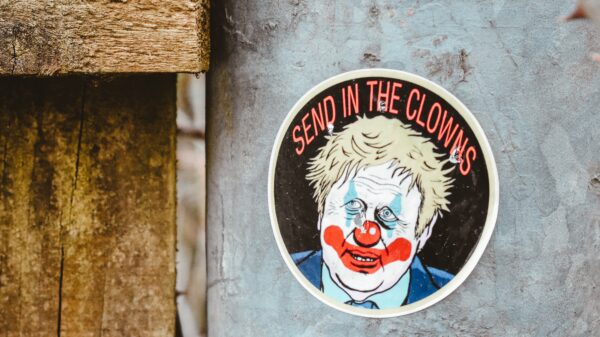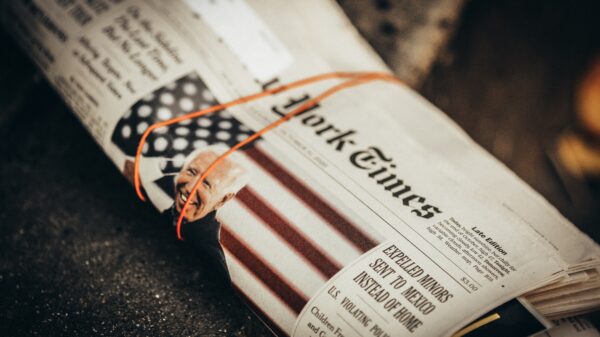Roar writer Seth Martinez on Cuba’s decision to rollout Coronavirus vaccines for children as young as two and how the government may have an ulterior motive
After a tumultuous few months of protests and unrest, the Cuban government has announced it will be the first country to give jabs to children as young as two. While the state media announced the policy change in early September and presented it as a means to get children back into classrooms for the upcoming school year, there are likely ulterior motives.
The announcement was made amid a new, devastating wave of Covid-19 infections which has led to Cuba having one of the worst per-capita death tolls in the world. With an economy in shambles from further economic sanctions imposed by the United States and plans to reopen Cuba to tourism this November, the decision to expand the vaccine rollout to small children is likely an attempt at regaining public support.
Made in Cuba
Cuba has opted to develop its own jabs rather than rely on international pharmaceutical companies such as Pfizer or Moderna. Despite its small size, the island nation has a sophisticated biopharmaceutical industry. According to Cuban officials, the Abdala and Soberana 2 vaccines, both have efficacy rates above 90% after three shots. The government has also decided to locally produce vaccines. This is a point of nationalistic pride for Cuba, an island famous for needing to prove autarky.Â
The Abdala vaccine was approved by Cuba’s regulatory body on July 9th this year, making it the first Latin American country to develop a Covid-19 vaccine. This is a feat that has eluded far more wealthy nations and is a testament to Cuban biomedical researchers and the resourcefulness of the government under the US embargo. Unlike many of the most widely distributed vaccines, Abdala and Soberana 2 are subunit protein vaccines. In other words, they are more similar to traditional vaccines, much like the Novavax vaccine.
This the emphasis on domestically-produced vaccines is, in part, due to the aforementioned embargo which has strangled the nation’s economy. However, the far more pertinent problem is the fact that many developed nations remain opposed to waiving the patent rights for health technologies, which makes it expensive for poorer, third-world nations to get access to the vaccine.Â
Not so fast
While the picture may seem bright, not all is sunny on the island nation. International news outlets have expressed concern over the announcement. For one the World Health Organization (WHO) has not yet approved the Cuban vaccines (though Cuba claims otherwise), nor have they recommended any nation give the vaccine to children under 12 years old. Secondly, the international scientific community has yet to peer-review any Cuban vaccines. Lastly, and most certainly not least, the Cuban government has a habit of releasing suspect statistics that cannot be verified by third-party observers. This has led to questions about the true safety and effectiveness of the Cuban vaccines.Â
Will it be enough?
If the vaccine rollout goes smoothly, this could be a huge win for Cuban government’s foreign and domestic agendas. After a long year of unrest and a deadly wave of Coronavirus infections, appearing to support children’s safety will go a long way to winning back the public’s support. Announcing their own vaccine production would also, in the view of the Cuban government, serve as a blow to the United States, their eternal geopolitical rival.
The US government, however, is more likely to view any achievements made by Cuba with neglect; it will do little to affect American foreign policy towards Cuba. And while Cuba may be creating its own line of vaccines, there is no guarantee there will be enough for everyone. Finally, if there are any negative consequences to giving the jabs to toddlers, it will serve as fodder for the many political enemies of a state already considered a pariah on the international stage.Â















